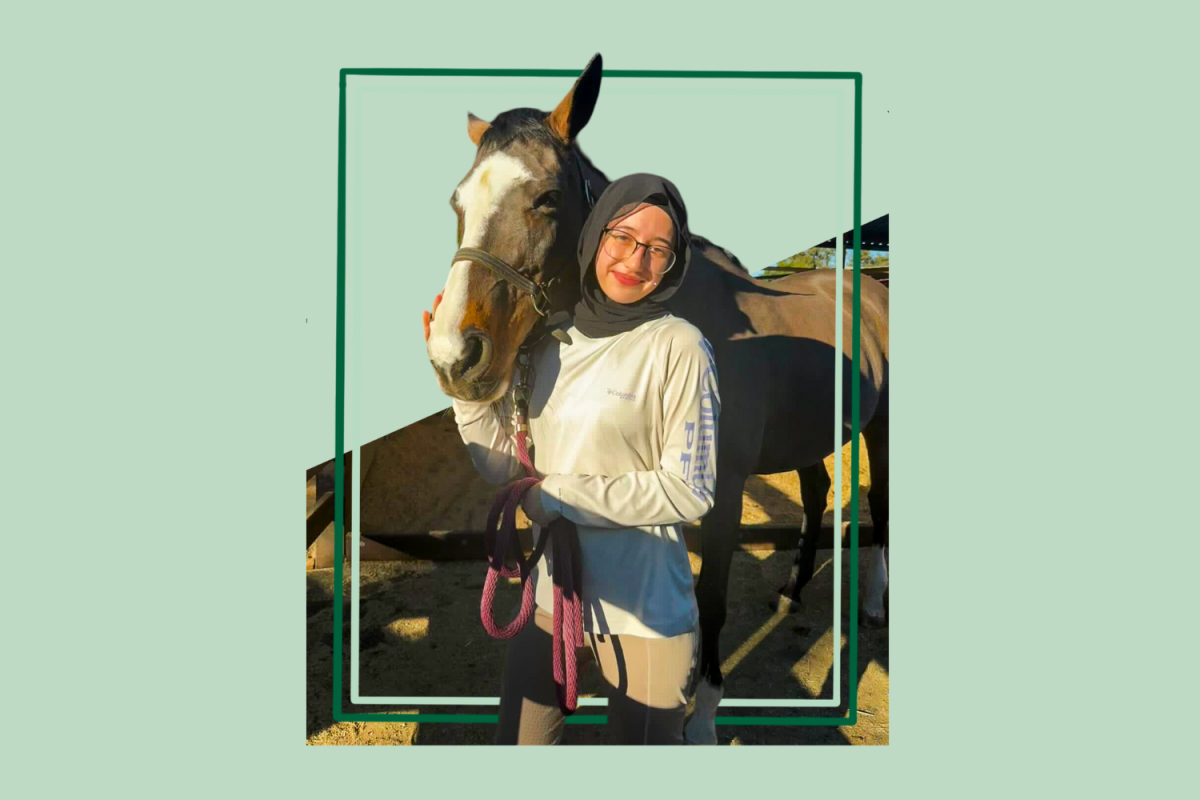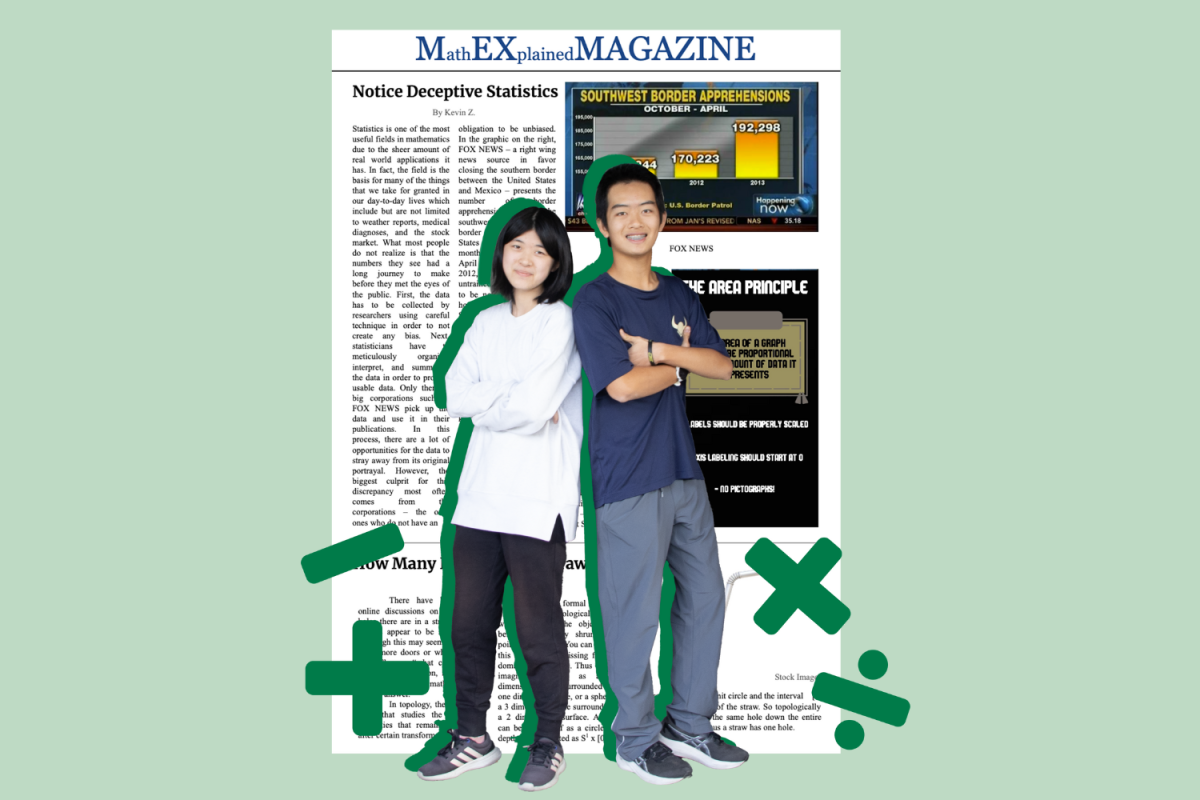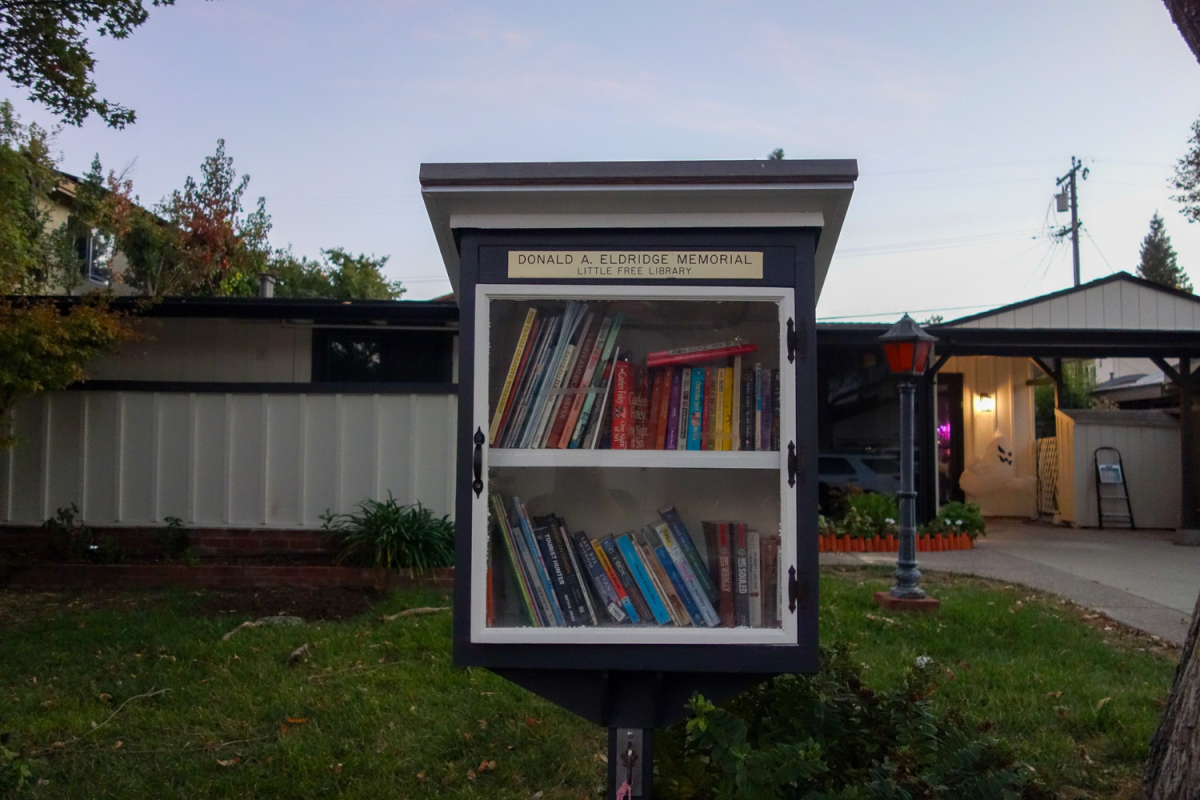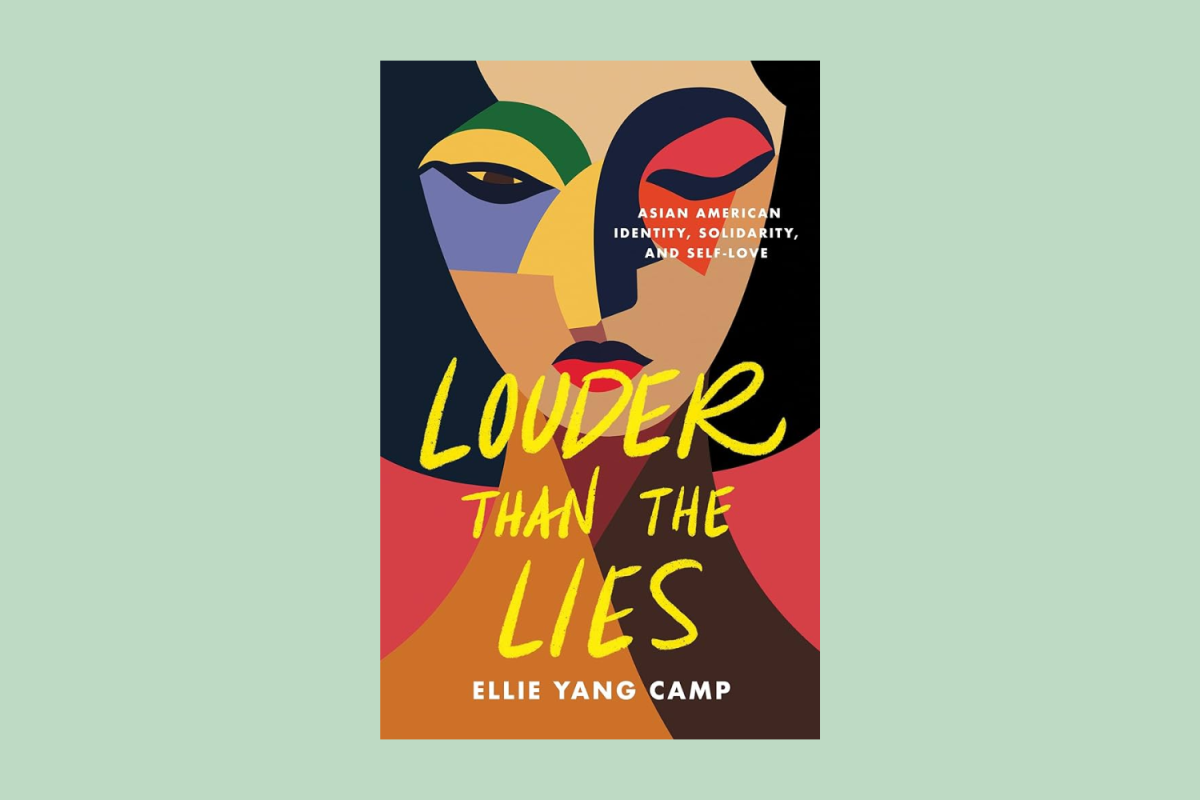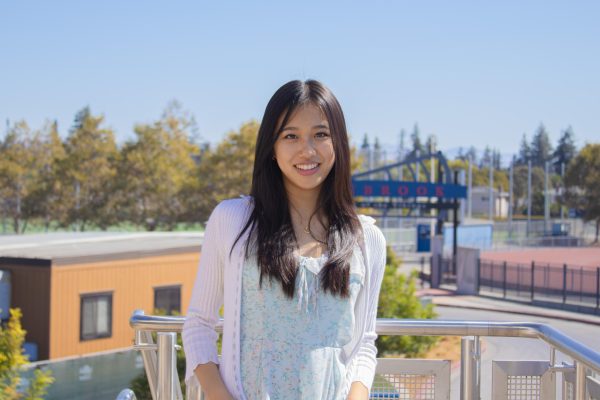For junior Selen Turkoz, equestrian sports began as a childhood fascination. After watching “Free Rein,” a Netflix show about horseback riding, she found herself captivated by the connection between rider and horse. However, it took a year of convincing her dad before she finally got a chance to ride.
“I was jumping between sports, but nothing felt right until I tried horseback riding,” Turkoz said. “The connection with an animal that doesn’t speak your language but still communicates with you feels magical.”
Turkoz first started riding at 11 years old, learning the basics of Western riding — a style that features a more relaxed seat and the use of a horned saddle. She eventually decided to pursue English-style riding, which emphasizes precision and balance in techniques such as show jumping. While horseback riding initially began as a hobby, her natural talent and love for the sport pushed her to seek out more structured and competitive opportunities. Her mom, recognizing this, encouraged her to join a competitive team, setting Turkoz on a path toward a serious commitment to equestrianism. After a year of training, Turkoz made Stanford University’s equestrian team as a freshman.
“Ever since she was a child, Selen would have phases of interests,” junior Saliha Dogan said. “She becomes very dedicated to the interest and makes it the focus of her life, practically breathing it. Equestrian is one of them.”
Although Turkoz has an immense passion for the sport, the financial barriers to improving in equestrian sports have been a challenge. Competing at a higher level requires not only skill but also access to resources such as additional lessons and specialized training — all of which come with steep costs.
Despite the high prices, Turkoz remains dedicated and motivated. She has developed a strong sense of discipline, organizing her time carefully to ensure she can give her best in both her academics and riding.
“I block off my Tuesdays completely for practice,” Turkoz said. “I know I’ll be tired after, so I plan everything ahead. Monday is my grind day to get all my work done.”
Focused on improvement, Turkoz trains under Stanford coaches Tina Davey and Katie Steiner, honing her skills, particularly in English riding and jumping. Specifically, Steiner has become a trusted mentor, offering both practical advice and emotional support. From fixing her posture in the ring to calming her nerves before competitions, Steiner’s presence has had a great influence on Turkoz and her journey.
Over the years, Turkoz has developed a special bond with many of the horses she rides, but one stands out above the rest — Sheldon, a retired racehorse with a mischievous personality. Turkoz credits him with helping her fine-tune her skills.
“Sheldon forces you into perfection,” Turkoz said. “If you don’t ask him the right way, he won’t do it. He’s also a character off the track, always trying to unzip my backpack.”
One of Turkoz’s proudest moments came during a competition in 2023 that determined her qualification for regionals. She had previously struggled with the horse, Molly, assigned to her that day. Horses are assigned randomly by pulling sticks from a cup. Molly had been unresponsive to her cues and acted unpredictably in a previous competition, which added an extra layer of stress to this competition. Moreover, the same day, Turkoz had just witnessed one of her teammates fall off another horse, making her more anxious.
However, Turkoz stayed concentrated by going through her warmups and reflecting on past mistakes. Recognizing her feelings, she texted her friend group asking for prayers and support. Although her friends, mom and coaches continued to encourage her, she was still doubtful. Turkoz was alone in the ring and only had herself.
“I couldn’t rely on anyone else, it was my time to put everything I’ve worked on for years to the test,” Turkoz said.
Through her prior experience with Molly, Turkoz used her knowledge to keep the horse calm, follow the horse’s movement and adapt to Molly instead of relying on the horse to work with her. She made sure to stay patient between each transition, striving for high quality.
“I pushed away doubts, focused on the challenges and powered through them,” Turkoz said. “I learned to trust my judgment during this competition.”
In the end, her work paid off, and she secured second place — just enough to qualify for regionals.
“When they called me for second place, I started crying and went to hug my mom,” Turkoz said. “It was one of the most rewarding moments of my life.”
While she has placed first in previous competitions, this second-place win felt more significant due to the stakes. This victory not only marked her qualification for regionals but also her growth as a rider.
Looking ahead, Turkoz plans to continue riding in college on an Intercollegiate Horse Shows Association team. One of her long-term goals is to buy and train her own horse, a dream that she hopes to fulfill after gaining more experience. For now, she remains focused on her current competitions and continues to build on previously developed skills.
Equestrian has shaped Turkoz’s character in profound ways. Beyond the technical skills in riding, the sport has taught her the importance of building a deep connections with animals. Her appreciation for nature has grown through her time spent with horses, and she has learned to approach challenges with a positive mindset.
“You build bonds with horses, and those connections teach you patience and resilience,” Turkoz said.
Reflecting on her years pursuing equestrian, Turkoz thanks her parents for playing a huge part in her journey.
“My mom has been my biggest supporter,” Turkoz said. “She’s the one who pushed me to explore competitive riding and always ensures I’m ready for competitions. She calms me down when I’m stressed and is there with me every step of the way.”
Turkoz’s dad has also played a major role in helping her achieve success. She is grateful for the emotional and financial support he provides, which keeps her motivated, allowing her to strive for a life that she otherwise couldn’t have pursued.
Looking back on what she has already accomplished, Turkoz encourages aspiring riders to focus on the relationships they build with their horses.
“Your connection with the horse is everything,” Turkoz said. “It’s not just about riding well — it’s about understanding and trusting the animal beneath you. Don’t get discouraged by setbacks. Every rider faces challenges, but those are what help you grow.”





























































